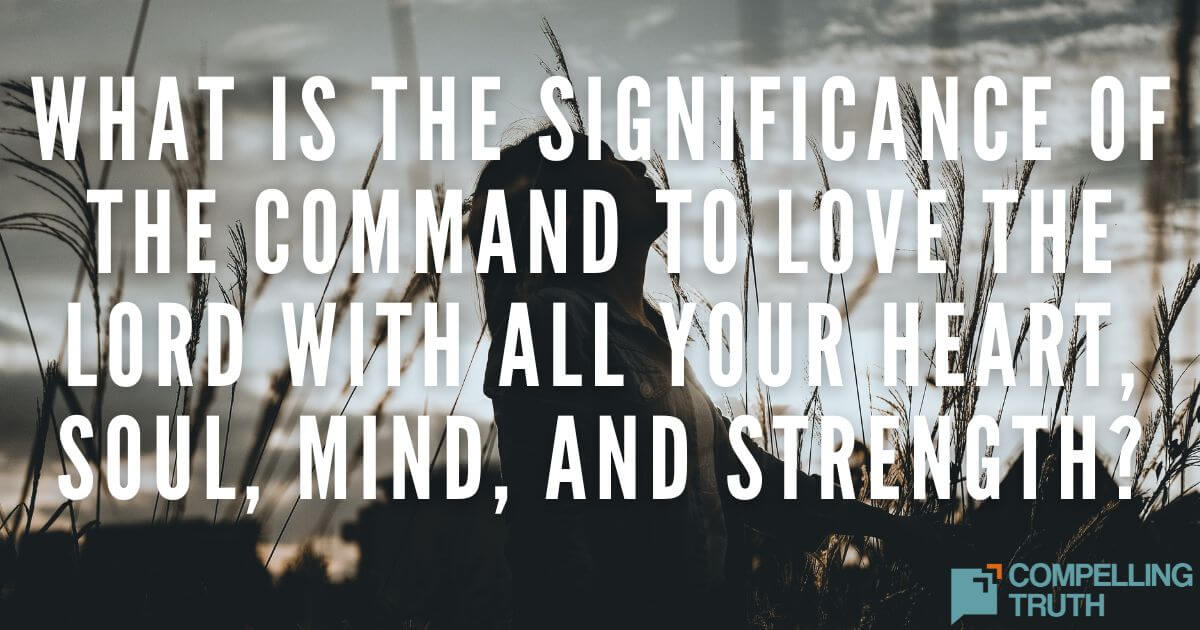Loving God is a conscious decision to prioritize Him above all else. Emotions and feelings may accompany this love, but they do not form its foundation, as love is a choice we make in response to God's character and His unconditional love for us. Jesus emphasized loving God with all our heart, soul, mind, and strength, and we are empowered to do so through the Holy Spirit living within us as believers. As we choose to love God daily through actions like prayer, obedience, and trusting Him in difficult times, we experience His peace and joy, and develop deeper feelings. Our decision to love God will face obstacles, but by continuing to choose Him, we deepen our relationship with Him and grow spiritually.
Loving God is a conscious decision, not just an emotion or feeling, and it requires us to choose to prioritize Him above all else, even when emotions are not strong. For example, choosing to spend time with God in prayer or reading His Word each day, even when we don’t feel like it, is an intentional decision that deepens our relationship with Him. When we decide to do this regularly, emotions like peace and joy often follow as we experience God's presence and transformation in our lives. Similarly, when we face challenges, we can choose to trust and obey God rather than conform to worldly pressures, knowing that our decision to love Him will shape our character and lead to spiritual growth.
We’ll encounter obstacles because of this. A life dedicated to loving God will contradict the ways of the world. We have to continue choosing to love the Lord rather than conforming to the world (Matthew 6:24; 1 John 2:15). Even our own minds will war against Him, causing us to doubt Him and challenging our faith, love, and obedience toward Him (2 Corinthians 10:5). We must prioritize seeking God above anything else (Matthew 6:33; Jeremiah 29:13), recognizing that knowing and loving Him is our greatest treasure (Philippians 3:8). Only when we choose to willingly surrender to Him can we truly choose to love and recognize Him as the God of our lives.




